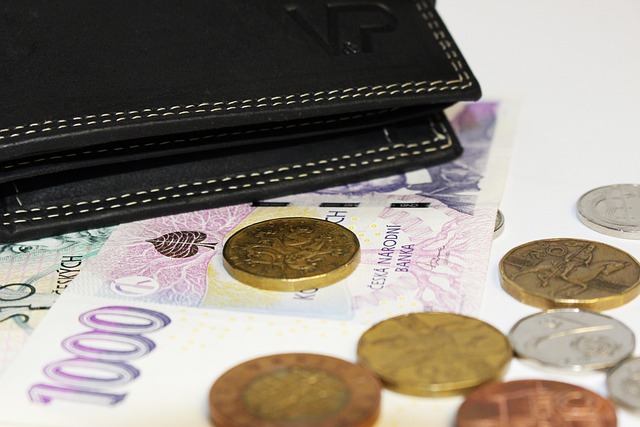How to Build Good Money Habits Early (And Why It Matters)
Published: May 2025
"The chains of habit are too light to be felt until they are too heavy to be broken." — Warren Buffett
Your 20s and 30s are the best time to build strong money habits—when small changes can lead to lifelong financial freedom. Whether you're just starting your first job or finally getting serious about finances, these simple but powerful habits will set you up for success.
Why Start Early?
- Compound growth works best with time (A $100/month investment at age 25 can grow to $300,000+ by retirement)
- Avoid costly mistakes (Debt, poor credit, no savings)
- Less stress later (Good habits now = fewer money emergencies later)
"Financial freedom is less about how much you make and more about how you manage what you have." — Unknown
7 Money Habits to Start Now
1. Pay Yourself First (Automate Savings)
- How: Set up auto-transfers to savings/investments right after payday
- Why: Ensures you save before spending temptations hit
- Start with: 10-20% of income (even 5% is a win!)
"Do not save what is left after spending, but spend what is left after saving." — Warren Buffett
2. Track Every Dollar (Budget Without Guilt)
- Try: 50/30/20 rule (Needs/Wants/Savings)
- Use: Apps like Mint or a simple spreadsheet
- Pro tip: Review spending weekly (takes 5 minutes)
"Budgeting isn't about restriction—it's about intention." — Rachel Cruze
3. Build Credit Like a Pro
- Do: Get a starter credit card, pay in full monthly
- Avoid: Using >30% of your limit
- Check: Free credit reports annually (AnnualCreditReport.com)
"Your credit score is your financial GPA—keep it strong." — Suze Orman
4. Kill Debt Before It Grows
- Attack: High-interest debt first (credit cards > student loans)
- Use: Debt avalanche (highest interest first) or snowball (smallest balance first) method
- Never: Take on new debt for wants (only needs/investments)
"Debt is the enemy of wealth." — Dave Ramsey
5. Invest Early (Even Small Amounts)
- Start: With just $50/month in an index fund (e.g., S&P 500 ETF)
- Use: Employer 401(k) match (it's free money)
- Think: Long-term (ignore daily market noise)
"The stock market is a device to transfer money from the impatient to the patient." — Warren Buffett
6. Build a "Sleep Well at Night" Emergency Fund
- Goal 1: $500-$1,000 starter fund
- Goal 2: 3-6 months' expenses
- Keep it: In a separate high-yield savings account
"An emergency fund turns disasters into inconveniences." — Ramit Sethi
7. Educate Yourself Continuously
- Read: The Simple Path to Wealth (JL Collins), I Will Teach You to Be Rich (Ramit Sethi)
- Listen: The Money Guy Show podcast
- Learn: Basic taxes, investing, and insurance
"Financial literacy is the foundation of independence." — Unknown
Habits to Avoid
- 🚫 Lifestyle inflation (Spending every raise)
- 🚫 Keeping up with others' spending
- 🚫 Putting off retirement savings ("I'll start later")
- 🚫 No financial goals (Drifting without direction)
"We buy things we don't need with money we don't have to impress people we don't like." — Dave Ramsey
Final Thought: Start Small, Stay Consistent
You don’t need perfection—just progress. One good habit leads to another.
"The best time to plant a tree was 20 years ago. The second best time is now." — Chinese Proverb
Goodluck!